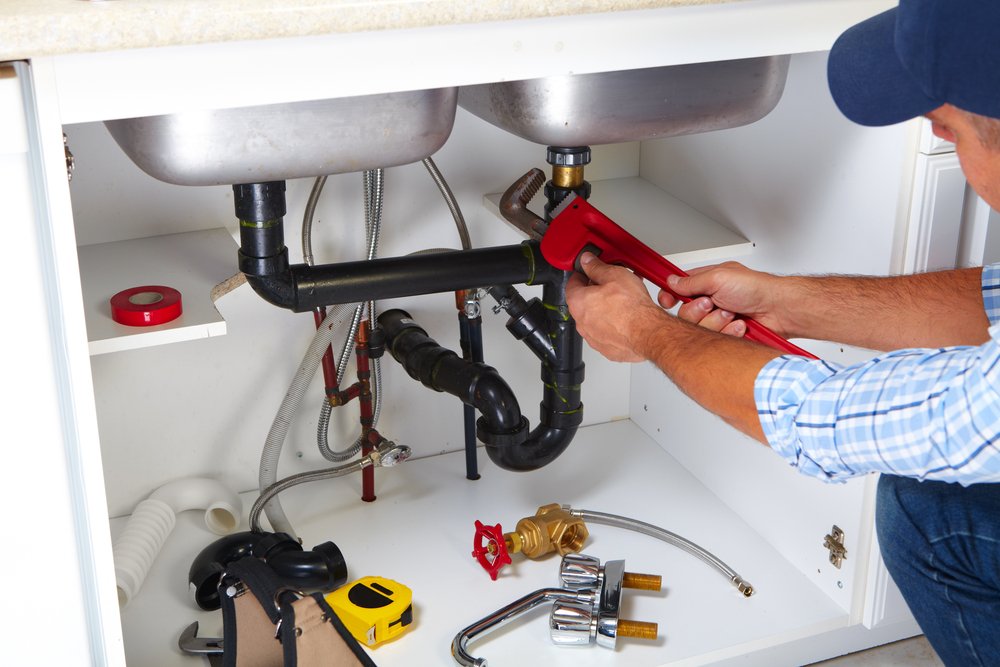Home renovations are an exciting opportunity to transform your living space, but they can also uncover hidden plumbing issues or complicate existing ones. Whether you’re updating your kitchen, bathroom, or any other area of your home, addressing plumbing concerns effectively is crucial to avoid costly repairs and ensure a smooth renovation process. Here are some essential tips from Anytime Plumbing Inc for managing plumbing issues during a home renovation.
1. Plan Ahead and Inspect Your Plumbing
Conduct a Thorough Inspection: Before starting any renovation project, it’s wise to have a professional plumber inspect your existing plumbing system. This inspection can identify potential problems such as outdated pipes, leaks, or inadequate water pressure that may affect your renovation plans.
Consult with a Plumbing Expert: Engaging with a plumbing expert early in the planning process can help you understand any modifications needed and integrate plumbing considerations into your renovation design. Professionals can provide valuable insights into how changes might impact your plumbing system and suggest solutions to address any issues.
2. Address Existing Plumbing Problems
Fix Leaks and Damage: If your inspection reveals any leaks or damage, prioritize fixing these issues before beginning the renovation. Ignoring plumbing problems can lead to more significant damage and additional costs down the line.
Update Old Pipes: Renovations are an ideal time to replace old or damaged pipes with modern, durable materials. Upgrading to high-quality pipes can prevent future issues and improve the overall efficiency of your plumbing system.
3. Consider Plumbing Needs in Your Renovation Design
Plan for New Fixtures: If your renovation involves installing new fixtures, such as sinks, toilets, or showers, ensure that your plumbing system can accommodate these changes. Proper planning and installation are essential to avoid issues like low water pressure or inadequate drainage.
Optimize Layout: Work with your contractor and plumber to optimize the layout of your plumbing fixtures. Proper placement can enhance functionality and prevent potential issues related to water flow and drainage.
4. Ensure Proper Permits and Codes
Obtain Necessary Permits: Renovations often require permits, especially if they involve significant changes to your plumbing system. Ensure that you obtain all necessary permits before starting your project to comply with local regulations and avoid fines or delays.
Follow Building Codes: Adhering to building codes is crucial for ensuring the safety and functionality of your plumbing system. Work with licensed professionals who are familiar with local codes and standards to ensure that your renovation meets all requirements.
5. Work with a Reliable Plumbing Service
Choose a Trusted Plumbing Company: Selecting a reputable plumbing company can make a significant difference in the success of your renovation project. Look for a company with experience in handling plumbing issues during renovations and positive customer reviews.
6. Prepare for Unexpected Issues
Have a Contingency Plan: Even with careful planning, unexpected plumbing issues can arise during a renovation. Have a contingency plan in place, including a budget for unforeseen repairs and access to emergency plumbing services if needed.
Communicate with Your Contractor: Maintain open communication with your contractor and plumber throughout the renovation process. Regular updates and discussions can help address any issues promptly and keep your project on track.
Handling plumbing issues effectively is a critical component of a successful home renovation. By planning ahead, addressing existing problems, and working with trusted professionals, you can avoid potential pitfalls and ensure that your renovation goes smoothly.
With these tips in mind, you can confidently manage your plumbing during your home renovation and enjoy the benefits of a beautifully updated space.



